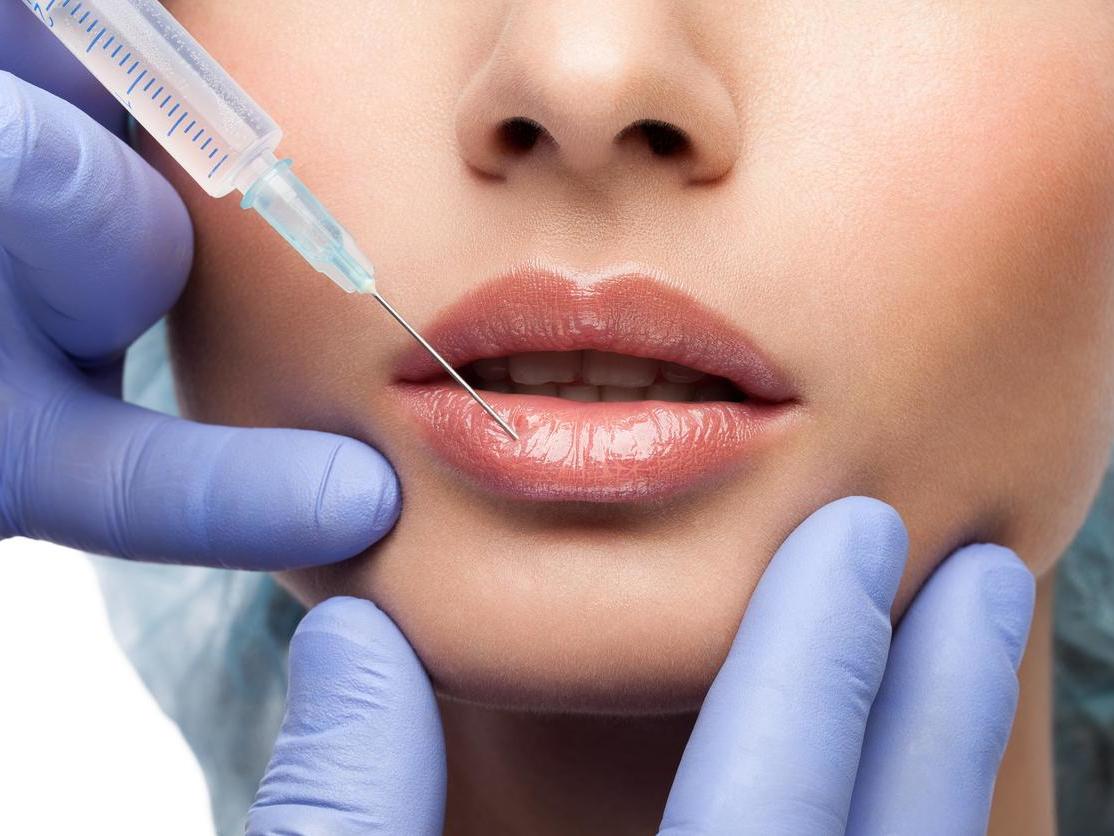Superdrug to run mental health checks for patients seeking Botox and lip fillers
Medically validated questionaire will help screen for body dysmorphic disorder and direct customers who need support to their GP or mental health groups

Superdrug will offer mental health screening to customers who come in for cosmetic procedures such as lip fillers and Botox, in a move NHS officials hope will set a “higher bar” for the sector.
Customers seeking treatment will now be asked to complete a questionnaire developed by psychologists working in the field, and where issues are raised they will be directed to a GP or mental health groups.
The move is intended to help identify people who may have body dysmorphic disorder or other anxieties that experts say are flourishing on social media and driving more people to seek cosmetic procedures.
The NHS has raised concerns over the lack of regulation of cosmetic procedures, which can be administered without formal training, despite the risks of serious complications.
NHS England medical director, Professor Stephen Powis, wrote to the chain after it announced it would begin offering Botox and dermal fillers on the high street and suggested the safeguards.
“Pressures on young people’s mental health are greater than they ever have been, with families and the health service too often left to pick up the pieces,” Professor Powis said.
The current system of voluntary regulation leaves vulnerable people “avoidably exposed” to dangerous practices, he said. “Businesses that take action to deal with people responsibly, work to prevent harm and set themselves a high bar for their practices should make others follow suit,” Professor Powis added.
Body dysmorphic disorder is thought to affect around one in 50 people, and charities say that the procedures – which cost hundreds of pounds – will not address their image concerns.
Superdrug is offering the new cosmetic at its flagship store on The Strand, London, before a wider roll-out.
The questionnaire will ask customers if there are parts of their bodies they are anxious about, how often they look at these parts and how their anxiety interferes with their day-to-day activities.
Where concerns are raised, the health professional administering the treatments will be able to direct patients to a GP or the charity Mind for support.
There will also be a 14-day cooling off period before patients can get treatment.
It also has an age restriction of 25 for the procedures, although there is no legal age limit imposed on beauticians and other private clinics.
In a statement, Superdrug said assessments are undertaken by qualified aesthetic nurse practitioners and last an hour.
“This enables us to ensure we understand our patients’ reasons for wanting aesthetic treatments,” the company said.
“It also flags to our team any risks or concerns related to a patient’s mental health.”

Kitty Wallace, trustee for the Body Dysmorphic Disorder Foundation, commended Superdrug for putting extra protections in place.
“Studies show that fewer than 10 per cent of patients with BDD are satisfied with the results of cosmetic procedures,” she said.
“Although their anxiety might reduce temporarily, they will often find themselves fixating on another part of their body that they want to change.”
Join our commenting forum
Join thought-provoking conversations, follow other Independent readers and see their replies
Comments
Bookmark popover
Removed from bookmarks